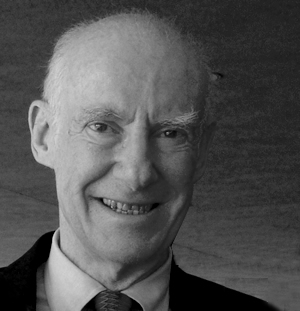A Quote by Andy Hargreaves
The quality & morale of teachers is absolutely central to the well being of students and their learning.
Quote Topics
Related Quotes
What is wrong with encouraging students to put "how well they're doing" ahead of "what they're doing." An impressive and growing body of research suggests that this emphasis (1) undermines students' interest in learning, (2) makes failure seem overwhelming, (3) leads students to avoid challenging themselves, (4) reduces the quality of learning, and (5) invites students to think about how smart they are instead of how hard they tried.
Differentiated Instruction is a teaching philosophy based on the premise that teachers should adapt instruction to student differences. Rather than marching students through the curriculum lockstep, teachers should modify their instruction to meet students' varying readiness levels, learning preferences, and interests. Therefore, the teacher proactively plans a variety of ways to 'get it' and express learning.
Public education for some time has been heavily focused on what curricula we believe will be helpful to students. Life-Enriching Education is based on the premise that the relationship between teachers and students, the relationships of students with one another, and the relationships of students to what they are learning are equally important in preparing students for the future.
Good teachers have joined Presidency from different parts of the country and even abroad. We have got idealistic teachers, and we are relying on their idealism. But state universities pay their teachers less than the central ones. If salary is not on a par with central institutes, teachers would tend to leave for those places.
Learning should be engaging. Testing should not be the be all and end all. All students should have a broad curriculum that includes the arts and enrichment. Students should have opportunities to work in teams and engage in project-based learning. And student and family well-being should be front and center.
Teachers can be a living example to their students. Not that teachers should look for students to idealize them. One who is worth idealizing does not care whether others idealize them or not. Everyone needs to see that you not only teach human values but you live them. It is unavoidable sometimes you will be idealized -- it is better for children to have a role model, or goal, because then the worshipful quality in them can dawn.


































